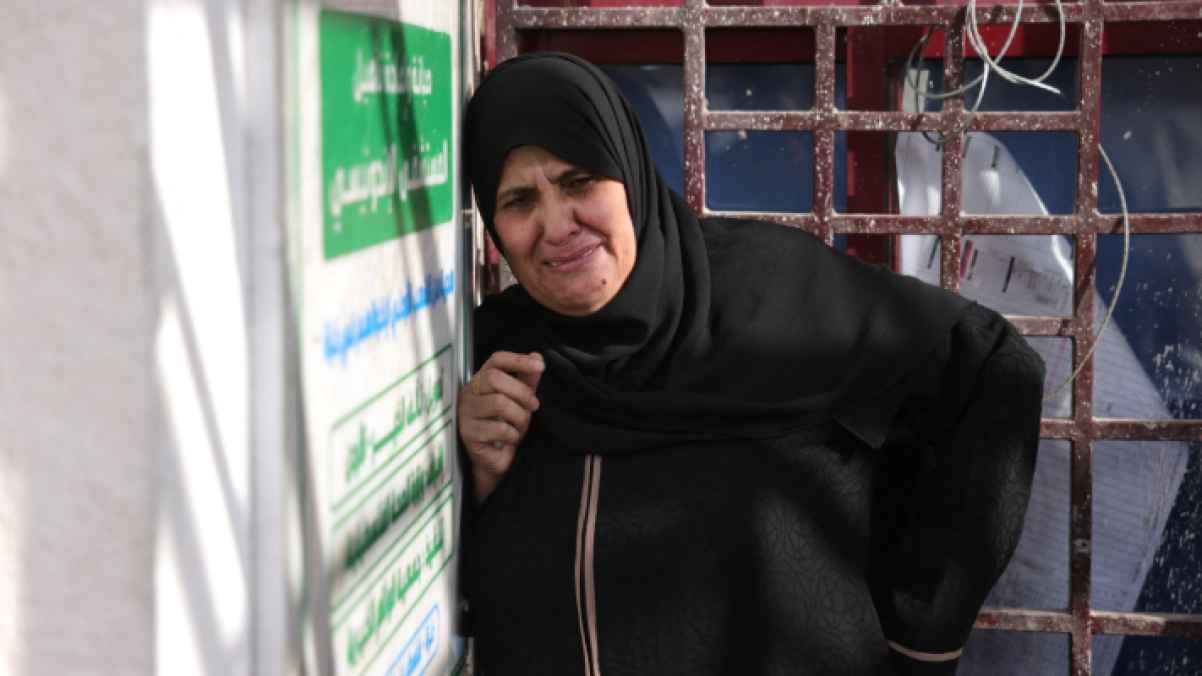In their oppression lies a pain for the conscience, and in their tears— a groan in the side of humanity

Burdened by sorrow and pained by heartbreaking scenes, she was devastated by the loss of those she used to gather with just yesterday. She wept bitterly, recalling a past that vanished with no return—one that was taken away cruelly and brutally by a depleted entity.
Amid clear oppression and a deep humanitarian catastrophe, joy and happiness have faded in the Gaza Strip, which has become a global symbol of patience, determination, and resilience.
In every corner of the Strip, there are painful stories whose protagonists are Gazans—souls suspended between heaven and earth, eyes filled with heartbreaking sorrow. Laughter has vanished, replaced by ashes, and dreams now lie buried beneath the rubble.
Behind the sunlight hide tearful tales—children who died of hunger, the elderly who passed away longing to see their loved ones, young people who suffered greatly before their poignant departure, and women who pledged to remain and fight alongside their families until their final breath—ascending like stars into the heart of the night.
Developments in the Events
In the latest developments, on the 59th day since the resumption of the genocide against Gaza—after Tel Aviv reneged on the ceasefire agreement—medical sources reported that 74 Palestinians were martyred in airstrikes on the Strip since dawn Thursday, most of them in southern Khan Younis.
The resistance movement condemned the recent massacres in the Strip, stating that Israeli Prime Minister Benjamin Netanyahu is rushing to escalate aggression against innocent civilians in an attempt to undermine ongoing efforts by mediators to reach a ceasefire and secure a prisoner exchange deal.
Canada, Italy, Britain, and the organization "Doctors Without Borders" issued sharp criticisms of Tel Aviv for using food as a weapon in the war and for blocking humanitarian aid from entering the besieged Strip for weeks.
